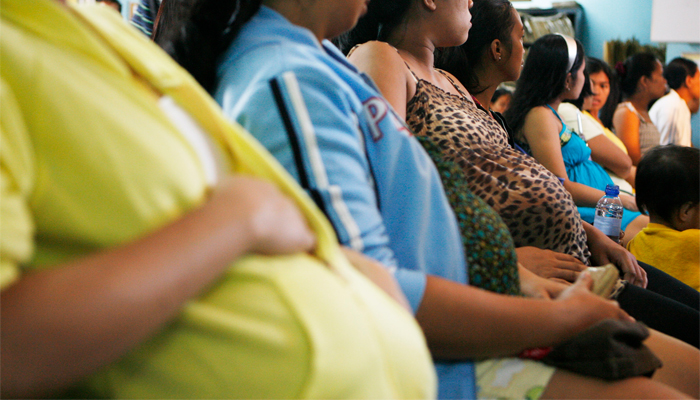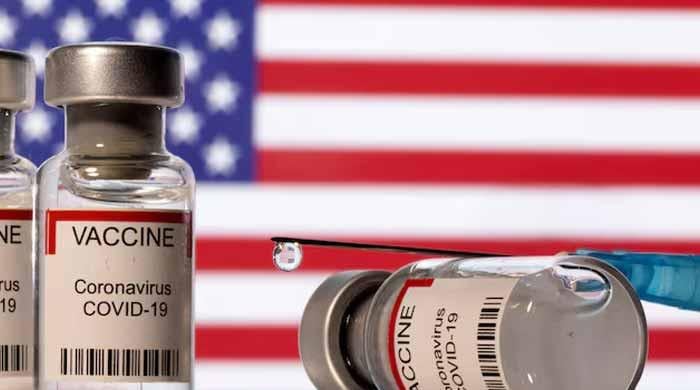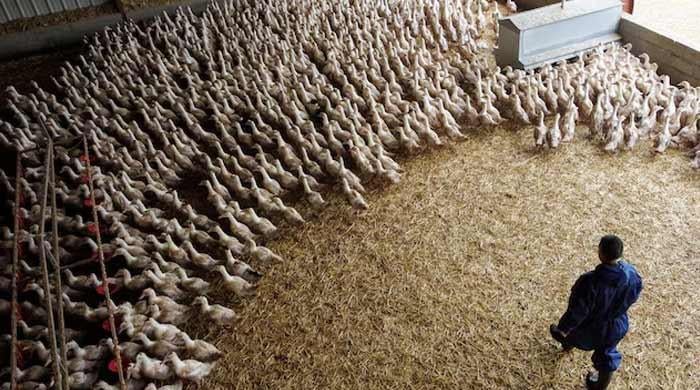Contraceptives as critical as food, water, shelter in crises: experts' claim
Family planning services should be implemented within 48 hours of an emergency, aid experts said
July 12, 2017

LONDON (Thomson Reuters Foundation): Contraceptives can save lives during crises and should be provided in emergencies the same way as food, water, and shelter, aid experts said on Tuesday.
Women fleeing conflict or uprooted by a disaster are desperate not to become pregnant when their lives are already at risk, said Ugochi Daniels of the United Nations Population Fund.
Pregnancies are particularly dangerous during emergencies because of a lack of health services, and women may face an increased risk of sexual violence as well, experts told a global summit on family planning in London.
Family planning services should be implemented within 48 hours of an emergency, they said.
"When we made family planning available at the same time as water, shelter and immunisations, the demand was extraordinary," said Ashley Wolfington, senior reproductive health adviser at the International Rescue Committee aid agency.
Limiting unintended pregnancies reduces deaths from obstetric complications and unsafe abortions, she told the Thomson Reuters Foundation.
Spacing out births also cuts the risk of infant mortality.
"If we want to talk about saving lives, family planning is one of the most cost-effective ways to prevent mortality down the road," Wolfington said.
"It is even more critical in humanitarian settings than it might be in other settings."
Girls and women of reproductive age form around a quarter of the estimated 128 million people in need of humanitarian assistance today.
But experts say family planning remains a massive gap in emergency responses due to a lack of prioritisation and funding.
Daniels told the Thomson Reuters Foundation that US President Donald Tramp's decision to end funding to the UNFPA – the UN agency that deals with family planning – will have a significant impact.
Services under threat would include the UNFPA's flagship program in the Zaatari camp in Jordan, home to some 80,000 refugees who have fled the war in Syria.
"It's services that are saving women's lives that are under threat," said Daniels, UNFPA's humanitarian lead.
"(Trump) single-handedly has the power and the means to transform the lives of 26 million girls and women in humanitarian settings who don't have access to these services – he can make that difference," she added.
Daniels said 7,000 babies had been born in Zaatari since the crisis started with no loss of life. She contrasted Zaatari with the northeast of Nigeria, where Boko Haram militants have caused massive displacement.
Maternal morality rates in these areas are 10 times the national average partly due to the lack of reproductive and sexual health services, she said.
Congolese refugee Mugisha Willet – who fled to a camp in Uganda as a child – told the summit she became pregnant at 17 because like most of her peers she knew nothing about reproductive health.
"I felt a victim, not just because of the war but because I lost a future I had dreamed of," said Willet, now 25, who said she had hoped to train as a lawyer.
Willet, a youth ambassador for the UN refugee agency, said there is a desperate need for information on reproductive health at Kjangwali camp.
"Women are living with 10 children in one room. If women cannot feed their children, they become malnourished," she said.
"If you have family planning, you have fewer children and you can manage."









